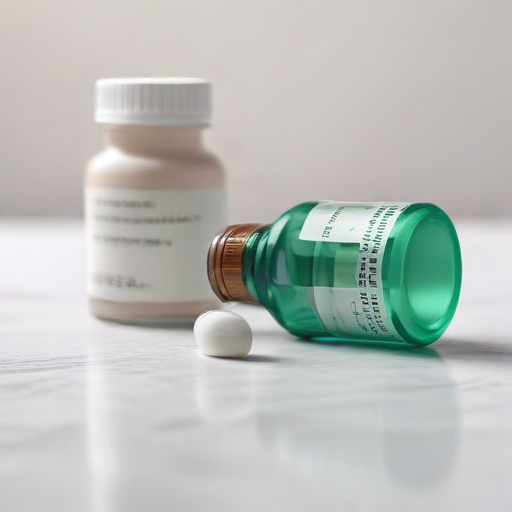Johnson & Johnson announced on Monday that it has officially filed an application with the U.S. Food and Drug Administration (FDA) to broaden the use of its ketamine-based medication, Spravato, allowing it to be employed as a standalone treatment for individuals suffering from treatment-resistant depression.
Originally approved by the FDA in 2019, Spravato was initially designated for use alongside oral antidepressants for patients who saw no improvement after trying two or more other antidepressants. This new application aims to address the needs of the nearly 30 percent of the global population living with major depressive disorder who experience treatment-resistant depression, affecting approximately 84 million people worldwide.
Bill Martin, head of neuroscience at Johnson & Johnson, commented on the critical nature of this treatment option, stating, “Many patients living with challenging-to-treat depression spend far too long cycling through multiple treatments that don’t effectively resolve their symptoms, which can cause a significant functional and emotional burden on patients and their loved ones.”
The submission to the FDA is backed by promising data from a late-stage clinical trial indicating that Spravato, when used as a standalone therapy, can alleviate patients’ symptoms as quickly as 24 hours following treatment and maintain efficacy for at least four weeks.
For administration, Spravato is delivered as a nasal spray, which requires supervision by a healthcare professional in a clinical setting. Unlike traditional antidepressants that target serotonin and dopamine levels, Spravato enhances glutamate levels in the brain—glutamate is the most widely used neurotransmitter that facilitates neuronal communication.
Recent sales figures for Spravato reflect a significant increase, with a 60% rise to reach $271 million in the second quarter of 2023 compared to the previous year. To date, approximately 100,000 individuals across 77 countries have utilized Spravato, highlighting its growing acceptance as a viable treatment option.
This development represents an encouraging step forward in the fight against treatment-resistant depression, potentially offering new hope to many patients struggling with this debilitating condition. The swift response in symptom relief heralds a promising future for those who have yet to find effective management for their depression.
